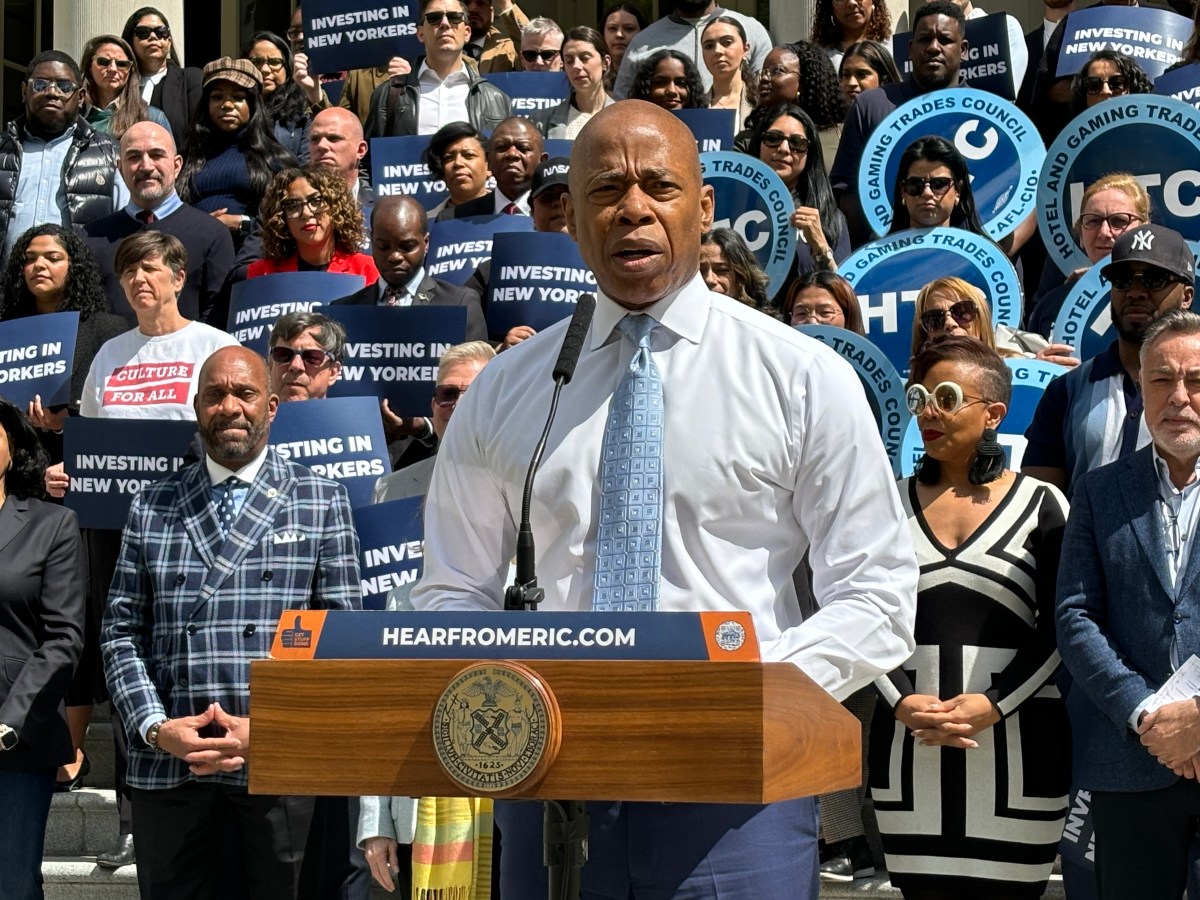 Idris Elba and Naomie Harris embrace in “Mandela: Long Walk to Freedom.”
Idris Elba and Naomie Harris embrace in “Mandela: Long Walk to Freedom.”
Credit: Keith Bernstein
‘Mandela: Long Walk to Freedom’
Director: Justin Chadwick
Stars: Idris Elba, Naomie Harris
Rating: PG-13
2 (out of 5) Globes
148 minutes isn’t that long to cover an entire life. In fact, it’s too short. Ideally “Mandela: Long Walk to Freedom” — the first biopic to span almost all of the South African freedom fighter’s life, after many that focused on isolated events — would run somewhere between four and 10 hours. Not that every bit of his life needed to be filmed. It’s that the project is madly ambitious in a way that involves more than mere narrative. It doesn’t want to just portray Mandela as a symbol; it wants to examine the idea of revolution, and how his life embodies its cycle of nonviolence leading to violence leading to compromise. It even seems to ask whether how Mandela handled Apartheid post-imprisonment was 100 percent clean.
Few films could take on those issues and do so meaningfully. “Mandela” certainly doesn’t. Despite a super-length, this is one fast-paced movie. Director Justin Chadwick’s cameras dart quickly through snappy edits that take us from one event to the next with lightning fast efficiency. Well, maybe not efficiency: That implies that it gets the job done. This is more rushed. Its depiction of Apartheid is vague, and its explanation of Mandela’s myth as he endured 20 years on Robben Island nonexistent. This isn’t an experimental narrative that knows we know the story, and so skips over key details. It’s a failed traditional biopic that feasts on our time and sends the ignorant to Wikipedia anyway. In a way it’s worse than a cheesy, purely hagiographic biopic, because it makes a compromise between being comprehensive or short and satisfies no one, save those desperate to be satisfied.
What rankles further is this: Idris Elba is a fantastic Mandela. He may be more Idris Elba than Mandela, truthfully. He’s swaggering and sexy in his womanizing youth, in a way that nearly disguises that every line of dialogue is inelegantly expository. When he ages (and starts being coated in the requisite credibility subtracting old age makeup), he falls back on his cucumber cool. These are two modes at which Elba has always excelled, and he and Naomie Harris, as a fiery and playful Winnie Mandela, have such great chemistry in their courtship period that it hurts even more when they spend most of their lives/screentime separated.
Then again, it doesn’t have the ability (or time) to figure out how to handle Winnie’s later years. She stays angry even when the newly freed husband she barely knows is going around promoting peace. She spends the third act seething with a drink in her hand, forgotten and then swept away. In a year where black stories were finally told by black filmmakers (“The Butler,” “12 Years a Slave,” “Black Nativity”), this is a step back: a purely plot-driven docudrama directed and written by white men, with a U2 song at the end. But there are times, brief they may be, when it seems this could have been the best of this year’s lot.
















